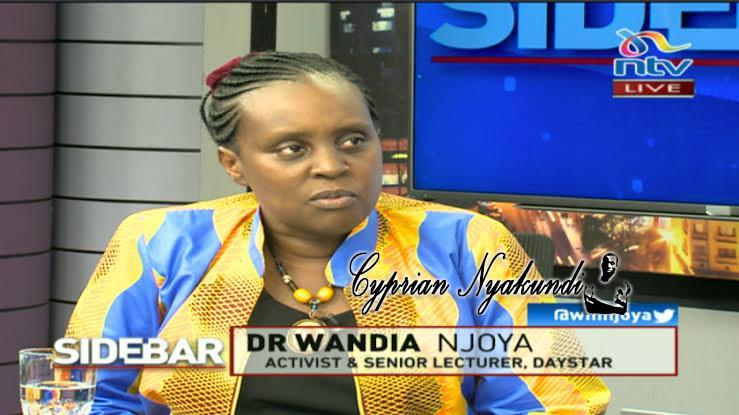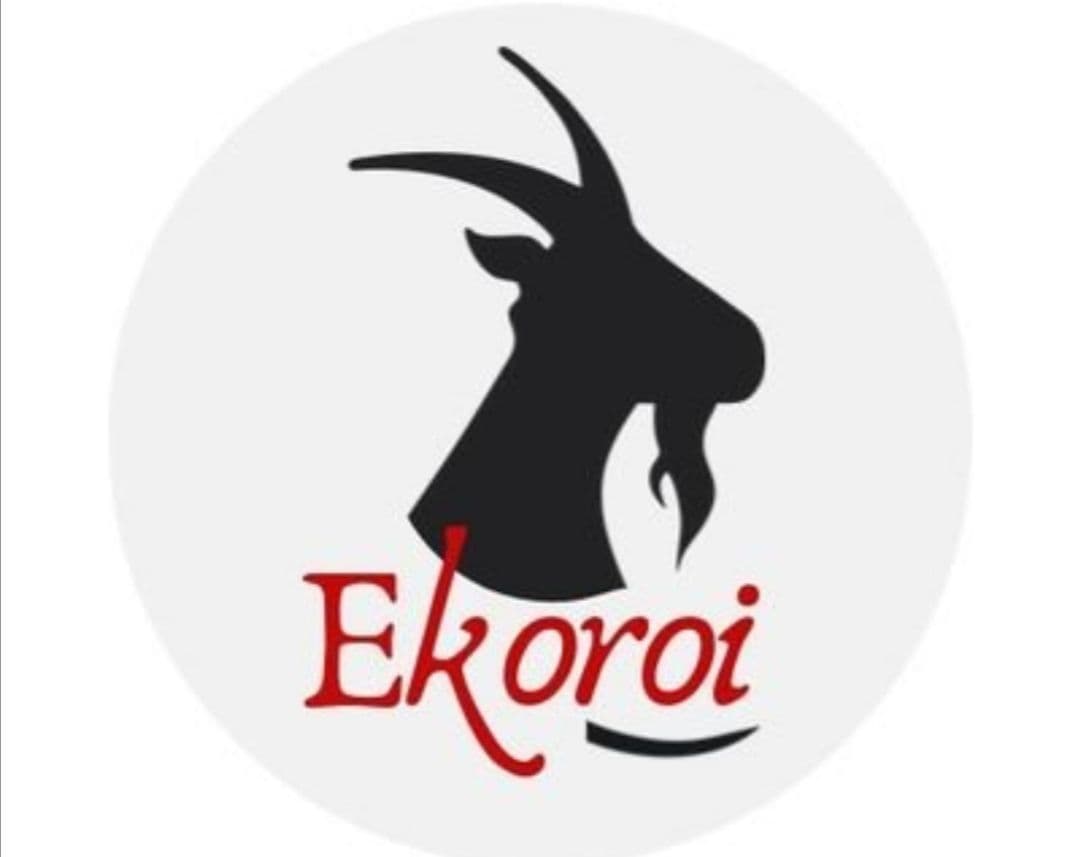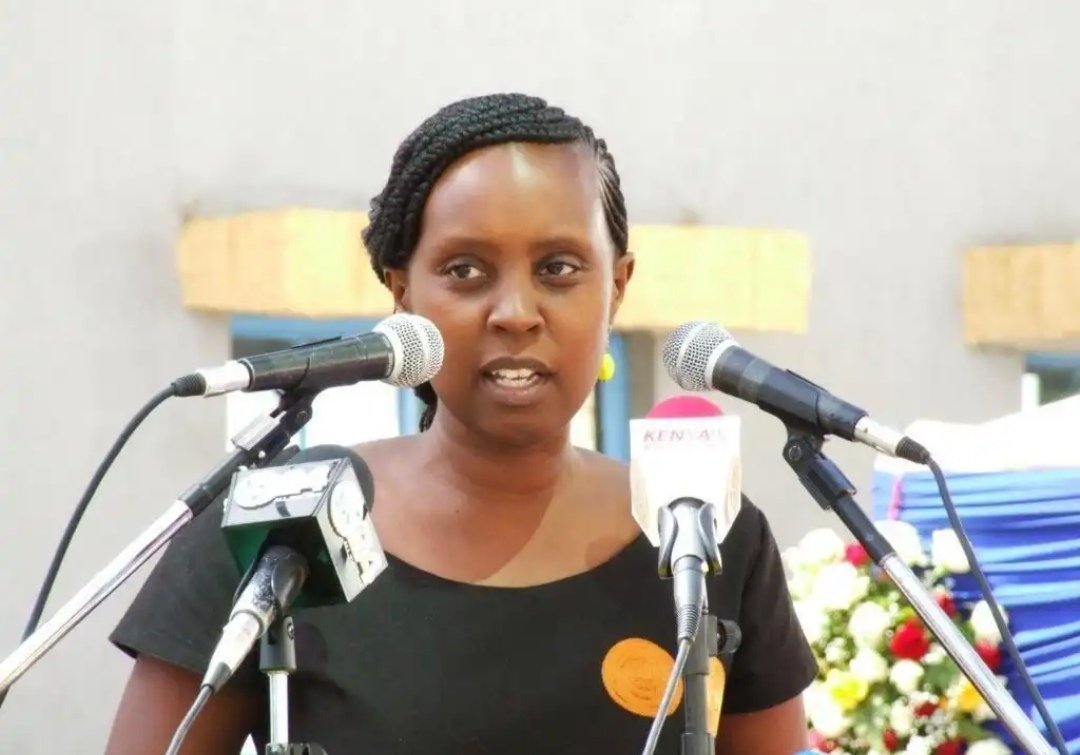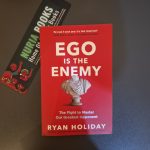This article is based on the Tweets of Dr Wandia Njoya, an erudite academic. Someone whose thoughts I deeply admire. Her outlook changes your perspective and invigorates you, nudges you to think.
Here, she speaks about her pet subject, education.
Dr Wandia has been educating Kenyans about the ills of the newly proposed, currently, ongoing Competency-Based Curriculum (CBC).
Forcefully exiled lawyer Miguna Miguna in his book Treason: The Case Against Renegades & Tyrants describes Dr Wandia as ‘an original, radical and focused Pan-African intellectual’.
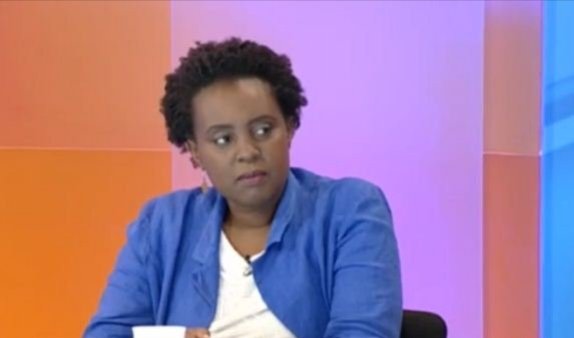
Start here
Being a vocal critic of our schooling system, people expect me to take a stand against the closing of schools till 2021. Honestly, I don’t take a position on either side, because it still is a symptom of a much bigger problem.
For years, I’ve said that the school system is too narrow and rigid, and that education and certification need to be made more flexible and diverse. That means
1. Public universal education. The idea of some kids “left behind” only arises from the competition in education.
That competition is rooted in inequality. I’ve said that mindukras (corruption of middle class) parents caring only for their own kids would bite them in the a–, because it would not be long before their kids join other kids who lack access to school, gadgets, or even basic necessities. Well, here we are.
Reminder that kids are not “falling behind” academically during these crazy times. Standards, benchmarks, and accountability measures are all arbitrarily created by schools and can just as easily be readjusted as needed. – Josh Stumpenhorst, Teacher
With less inequality, the panic about closure would be less. KCPE’s ONLY function is to select kids for the few elite schools available. That’s it. That’s why we’re so invested in the exam. If we had true 100% transition to equally good schools, the issue would not be urgent.
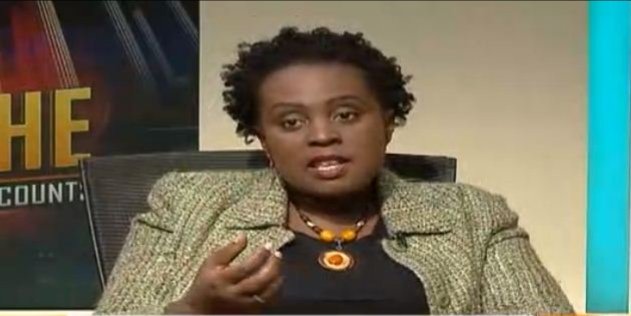
2. More opportunities for learning outside the school pipeline of Std 1 to PhD/TVET. I consider TVET and universities equally damaging to in terms of the tight, and very colonial, control of our minds.
3. Until we achieve equality, we should have entry exams, instead of exit exams. Instead of KCSE, we have entry exams into different courses. And the tests could be given more than once a year, so that people don’t feel this “now or never” desperation they are panicking about.
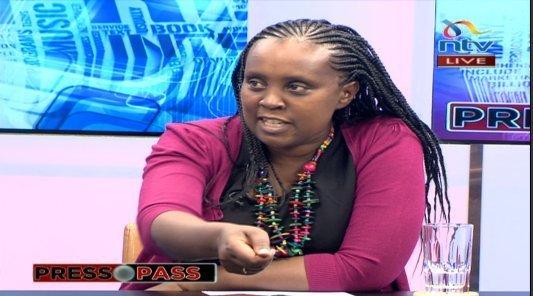
Why would passing exams be even about jobs in the first place?” – Dr Wandia Njoya
4.More opportunities for learning outside the school system. We need arts centers, libraries and festivals where people can meet, learn from each other, and set up mentorships and apprentiships. Apprenticed people can be work while they return to school for continuous learning.
Have received a couple of worrying reports re schools, -essentially, they are looking at only opening 2 days a week from Sept “We strongly believe that we can move to a system where students do not need to be in school all the time in order to receive a good quality education” – Simon Dolan, Activist in the United Kingdom (UK)
I had even suggested that the money wasted on textbooks could have been invested in libraries. If we had more libraries today, the children would spend this time going to the library or waiting for the KLS van to come to their town to lend them books.
And if we had supported artists, we would have more creative content like cartoons, plays and games on science, social and arts content. But all artists have got from GoK is abuse, licenses, unpaid revenues and the censureship stick from Ezekiel Mutua.
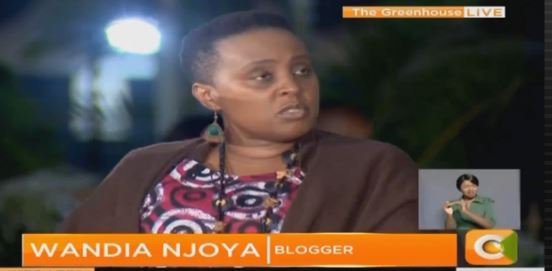
The upset with school closure and exam cancellation comes from the fact that we equate covering curriculum with learning. But if we are really honest, syllabi and curriculum are about exams and about our unequal economic opportunities after school, not about learning.
My favorite argument against schools staying closef is the “what about kids who can’t afford internet” so…you agree…poor kids are inherently disadvantaged in the current education system. – Colleen, Twitter User
I know that I haven’t given an immediate solution here, but when have I ever done so? And in any case, the solution thinking is part of our problem. Education cannot be dealt with by solution thinking. It’s a dynamic process that requires broad knowlege and flexible thinking.
Broad knowlege and flexible thinking are beaten out of us by the Kenyan state. But reality is now forcing us to learn, but something tells me that we will still refuse to see it until Her Majesty’s government tells us to. So let Magoha consult Boris Johnson and get back to us.
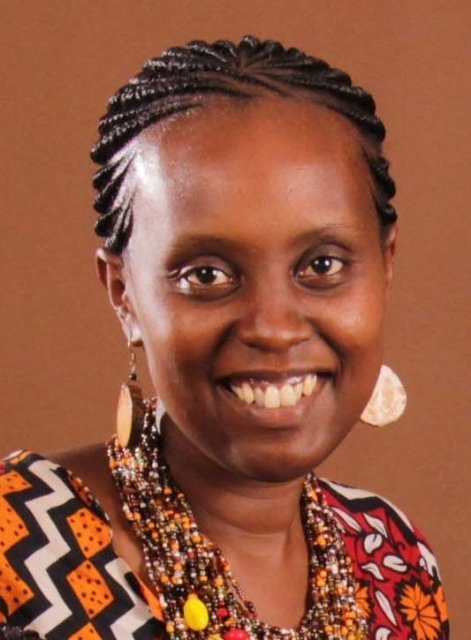
I pray that our kids outgrow this aristocratic and rigid mind that we’re clinging to in the 21st century. If Harry, baba Archie, can say that we need to revisit colonial history, we need to see that this bureaucratic stratification we call schooling belongs to the museum.
END
